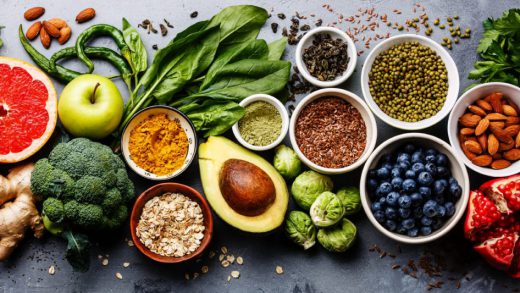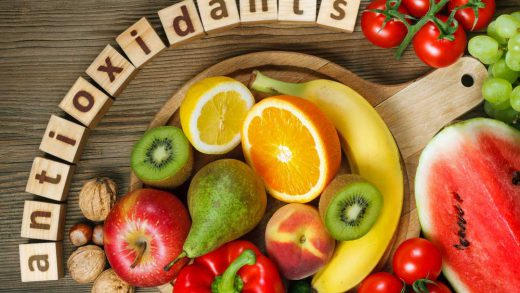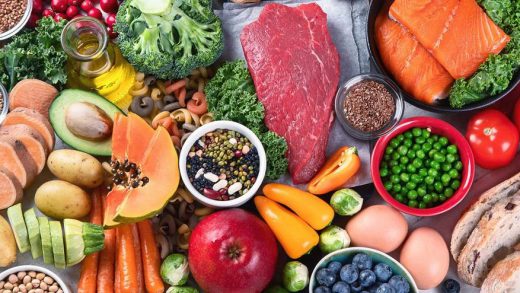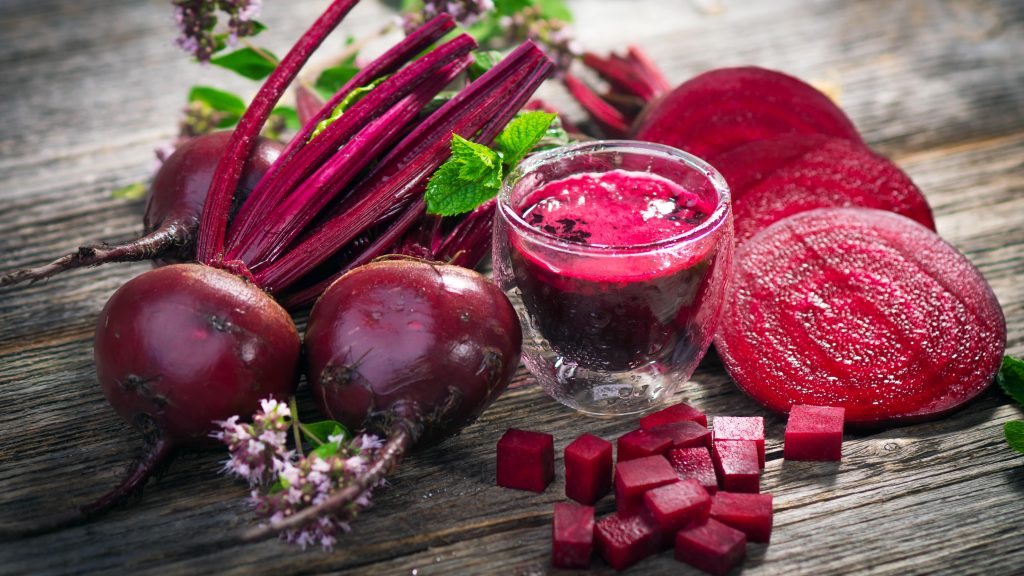
In this article, we will talk about another healing vegetable with antioxidant content.
Red beetroot is a highly nutritious and beneficial root vegetable. Red beetroot contains many vitamins and minerals that are very beneficial for health, especially fiber, folate (vitamin B9), manganese, potassium, iron and vitamin C.
Red beetroot brings many health benefits, such as improving blood flow, lowering blood pressure and improving exercise performance. These benefits can be attributed to its inorganic nitrate content.
Let’s take a closer look at the benefits of red beetroot.
1.Balances blood pressure
Heart attacks account for the vast majority of deaths worldwide. High blood pressure is directly linked to the risk of heart attack.
Studies have shown a significant effect of lowering blood pressure by 4-10 mmHg within a few hours.
The effect seems to be greater for systolic blood pressure (the pressure when your heart contracts) than for diastolic blood pressure (the pressure when your heart relaxes). It is also worth noting that raw beets may have a stronger effect than cooked beets.
As we mentioned in the introduction of this article, the effect of lowering blood pressure is linked to the high nitrate content of red beetroot. When nitrate enters our body, it is converted into nitric oxide, a compound that has the effect of dilating blood vessels and consequently lowering blood pressure.
Nitrate levels in the blood can be present for up to 6 hours after consuming nitrate-containing foods such as red beets. Therefore, regular consumption is essential for long-term blood pressure stabilization.
2.Increases sports endurance
Red beetroot is consumed by many athletes due to its effect on improving athletic performance. The nitrate present in red beetroot has a positive effect on the development of mitochondria responsible for energy production in our cells, which directly affects physical performance.
In two different studies involving 7 – 8 men, it was reported that with the consumption of 500ml of red beet juice per day, the fatigue threshold increased by 15-25% in heavy exercises in a 6-day period and accordingly, overall performance increased by 1-2%.
Red beetroot increases oxygen utilization by 20% during athletic activities, including cycling.
In a study of 9 cyclists, consumption of 500 ml of red beet juice per day was reported to increase driving performance in the range of 4 to 16 km.
Nitrate levels in the blood increase to high levels within 2-3 hours. Accordingly, it would be appropriate to consume red beetroot 2-3 hours before sports activities for high efficiency.
3.Effective in fighting inflammation
Chronic inflammation is associated with many diseases such as obesity, heart disease, liver disease and cancer. Red beetroot contains a pigment called betalain, which is effective in fighting inflammation.
Red beetroot has been observed to reduce kidney inflammation in clinical trials.
In a study of people with osteoarthritis, betalain capsules were reported to reduce pain and discomfort caused by arthritis.
Related studies reveal the anti-inflammatory effects of red beetroot and recommend the use of red beetroot in the fight against related discomfort
4.Improves digestion
Fiber is an important building block of a healthy diet. It has been associated with many vital benefits, especially the improvement of the digestive system.
One cup of red beet juice contains approximately 3.5 g of fiber. This ratio allows us to classify red beetroot as an effective source of fiber.
Fiber bypasses digestion and is utilized as food for the beneficial bacteria present in the intestines and excreted in the feces. This improves digestive health and can prevent constipation, diverticulitis and inflammatory bowel disease.
Fiber has also been linked to a reduced risk of chronic diseases, including colon cancer, heart disease and type 2 diabetes.
5.Improves brain health
Mental and cognitive functioning progresses inversely with age. For many people, this is a serious issue and can lead to conditions such as dementia with increasing age. Decreased blood flow and oxygen to the brain can affect this condition.
The nitrate present in red beetroot causes the vessels to dilate, thereby increasing blood flow to the brain and increasing oxygen supply.
Red beetroot has been observed to specifically improve blood flow to the frontal lobe of the brain, an area associated with higher-level thinking, such as decision-making and working memory.
In a study of patients with type 2 diabetes, examining simple reaction times in relation to cognitive functioning, a 4% difference was observed in people who consumed 250 ml of red beet juice daily for two weeks.
However, it has yet to be determined whether red beetroot can be used in a clinical setting to improve brain function and reduce the risk of dementia.
6.Effective in fighting cancer
Cancer is a deadly disease in which cells grow uncontrollably. The antioxidant content and anti-inflammatory effect of red beetroot lead to its ability to prevent cancer. However, the available evidence for the relevant condition is very limited.
Red beet extract has been observed to reduce the division and growth of tumor cells in animals.
In a clinical study using human cells, red beet extract, which is rich in betalain pigments, was observed to reduce the growth of prostate and breast cancer cells.
It is important to note that these studies were conducted in isolated human cells and rats. It should be noted that further research is needed to determine whether similar effects are found in living, breathing humans.
7.Helps to lose weight
Red beetroot contains many nutrients that will help you lose weight. Red beetroot is low in calories and high in water content. Increasing the intake of low-calorie foods such as fruits and vegetables has been directly associated with weight loss.
In addition, in return for its low calorie content, red beetroot contains moderate amounts of protein and fiber. Both of these are important nutrients for achieving and maintaining a healthy weight. The fiber present in red beetroot may also help promote weight loss by reducing appetite and increasing feelings of satiety, thus reducing overall calorie intake.
While there are no studies that have directly tested the effects of red beetroot on weight, it is likely that adding red beetroot to your daily diet can help with weight loss.
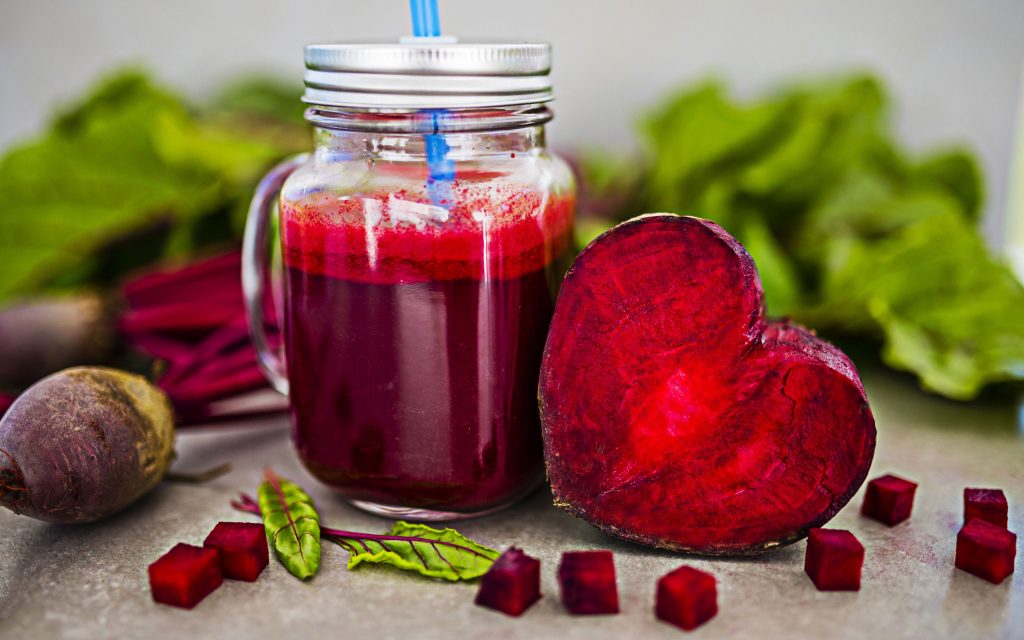
Consumption recommendations
Red beetroot can be baked, juiced and consumed fresh, as well as used in salads to add visual and sensory richness and offer you many health benefits that I mentioned in our article.



